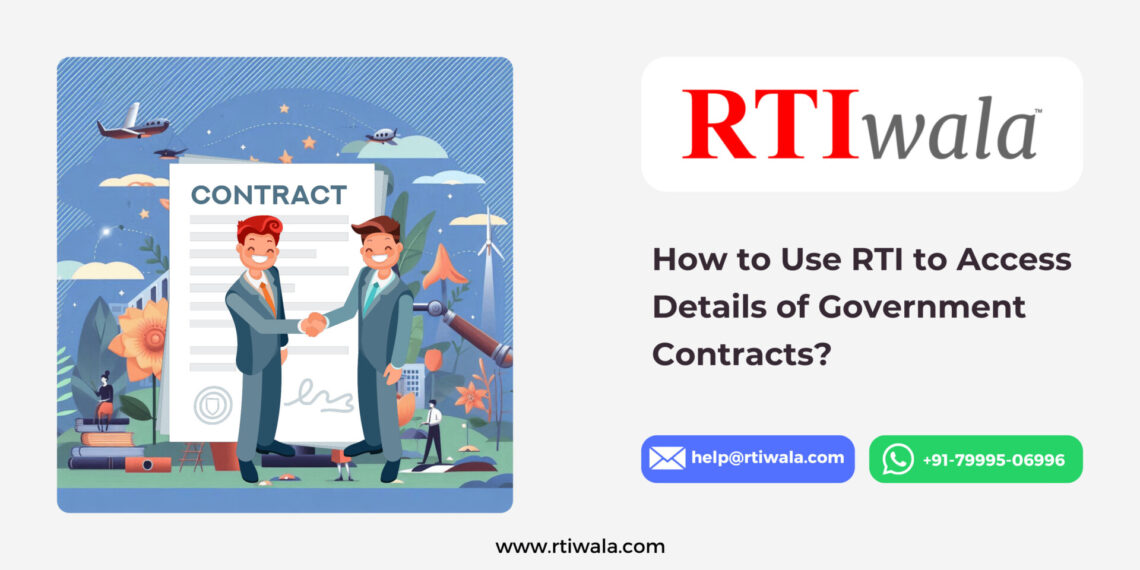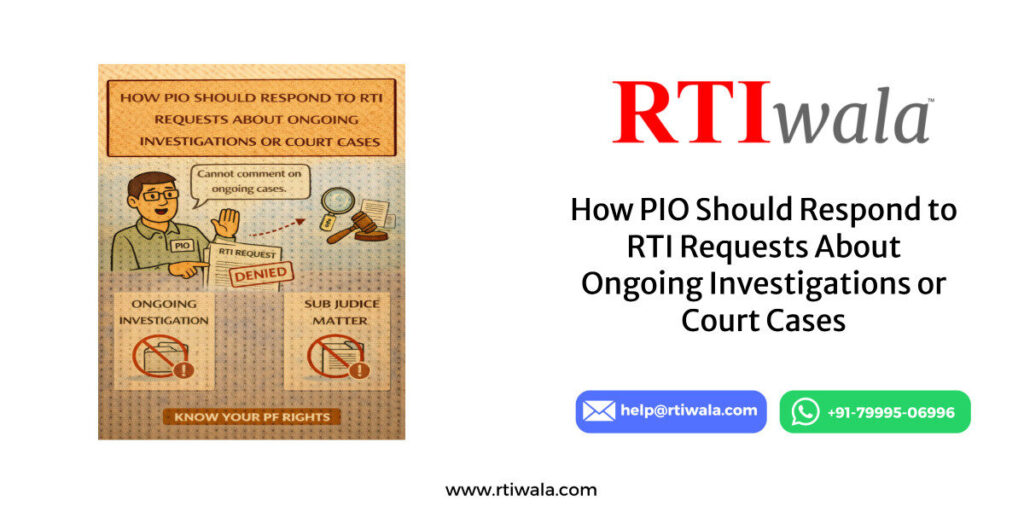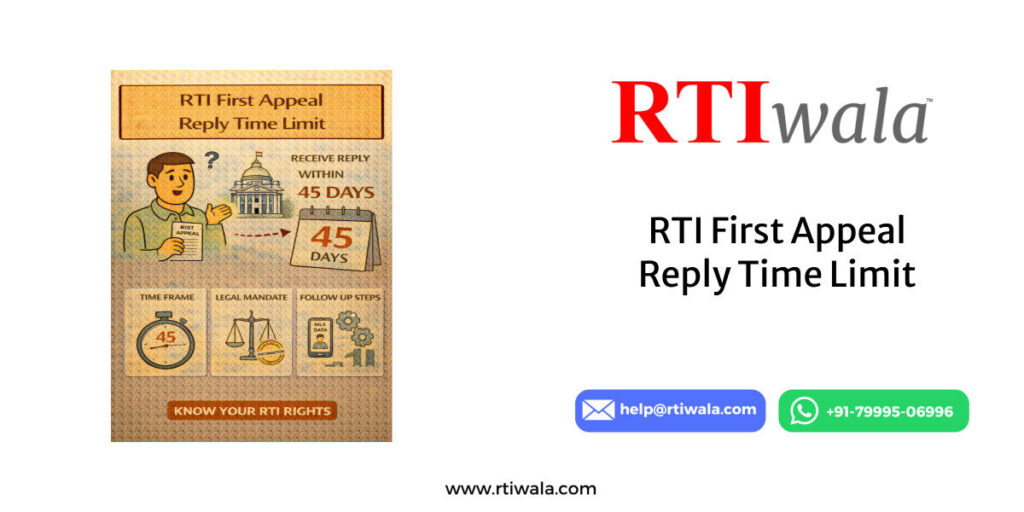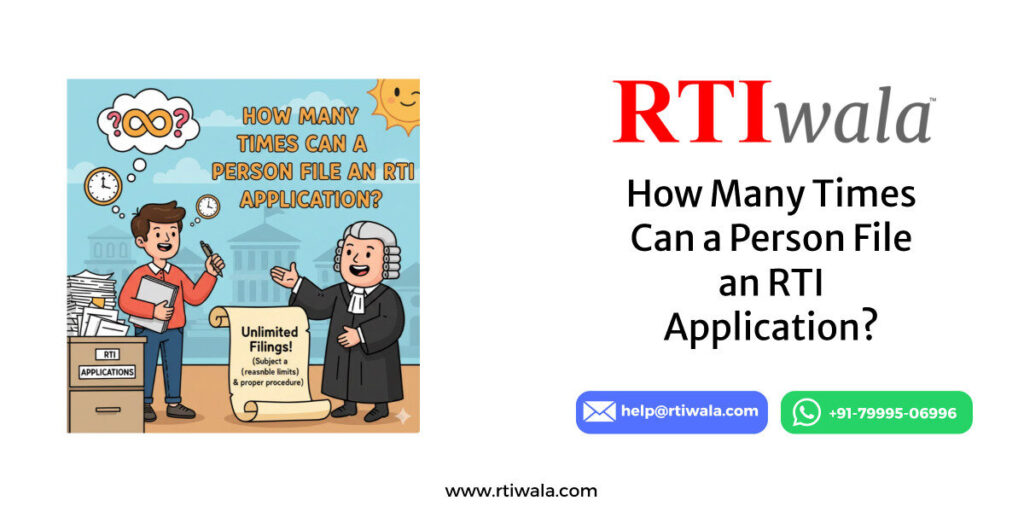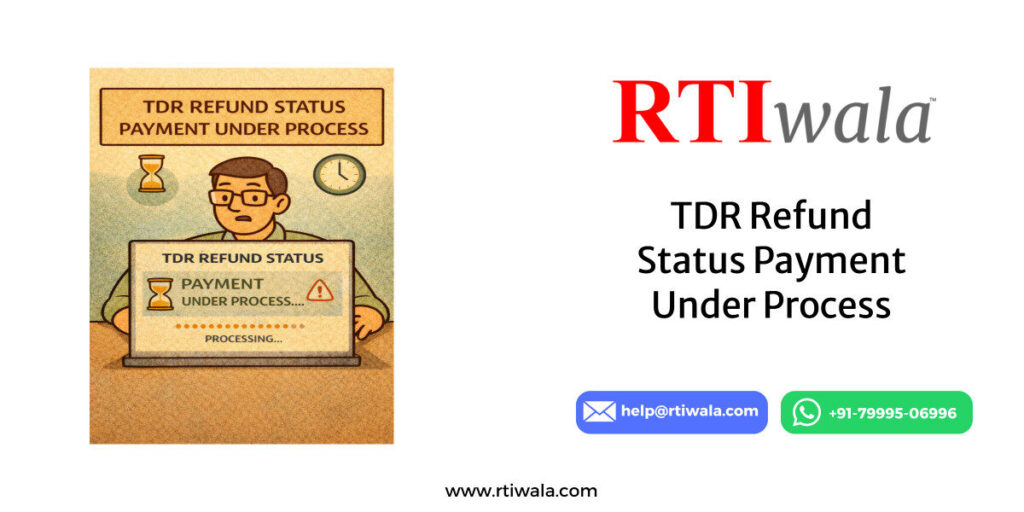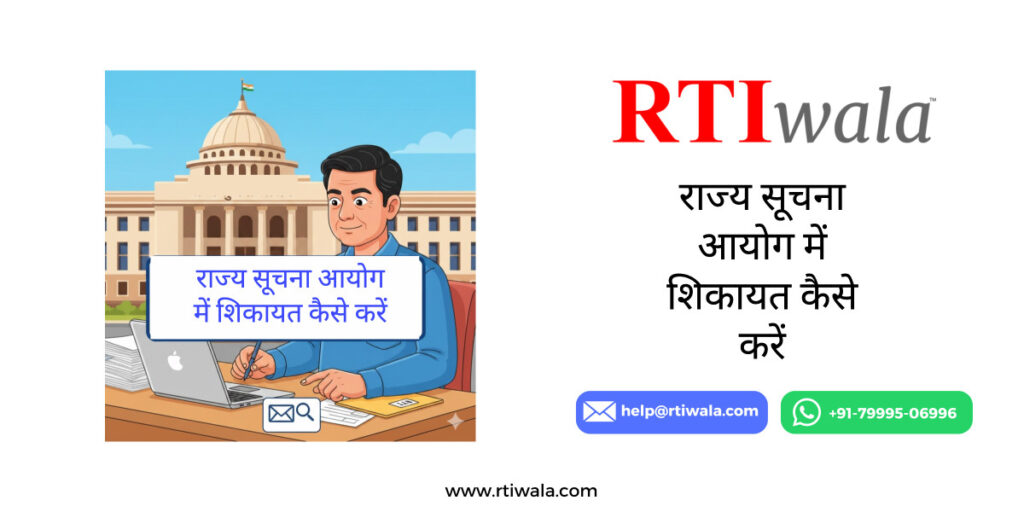Government contracts and bids involve large sums of public money, making it essential to ensure transparency in these processes. The Right to Information (RTI) Act empowers citizens to request details about these contracts, promoting accountability. In this guide, RTIwala will walk you through how to effectively use RTI to access information related to government contracts and bids, helping you stay informed and hold authorities accountable.
Table of Contents
- Understanding the Importance of Transparency in Government Contracts
- How RTI Can Help in Accessing Contract and Bid Information
- Step-by-Step Guide to Filing an RTI for Government Contracts
- Challenges and How to Overcome Them
- Success Stories: How RTI Brought Transparency in Government Bids
- How RTIwala Can Assist You
- faqs
- Conclusion
Understanding the Importance of Transparency in Government Contracts
Transparency in government contracts helps ensure that public funds are used wisely and that there is no corruption or bias in the distribution of contracts. RTI is a powerful tool that helps citizens know how their taxes are being used.
How RTI Can Help in Accessing Contract and Bid Information
The RTI Act allows you to request specific details about government contracts, including the bidding process, the criteria for selecting contractors, the terms of contracts, and more. By filing an RTI, you can:
- Obtain copies of the tender documents.
- Get details of the bidding process and evaluation criteria.
- Access information about the awarded contracts.
- Check compliance with the contract terms.
Step-by-Step Guide to Filing an RTI for Government Contracts
Here’s a simple guide on how to file an RTI to access information on government contracts:
- Identify the Public Authority: Determine which government department or agency is responsible for the contract or bid you are interested in.
- Draft Your RTI Application: Write a clear and concise application stating the information you need. Be specific to get the most accurate data.
- Submit the Application: You can submit your RTI application online or offline. Make sure to include the application fee as required.
- Follow Up: After submission, track the status of your RTI application. If you don’t receive a response within 30 days, you can file an appeal.
Challenges and How to Overcome Them
While RTI is a powerful tool, accessing information on government contracts can sometimes be challenging. Common issues include:
- Delays in Response: Public authorities may delay responding to RTI requests.
- Incomplete Information: Sometimes, the information provided may be partial or unclear.
To overcome these challenges, it’s important to follow up regularly and, if necessary, file an appeal.
Success Stories: How RTI Brought Transparency in Government Bids
RTI has been instrumental in uncovering irregularities in government contracts. For instance, in one case, an RTI application revealed discrepancies in the awarding of a major infrastructure contract, leading to a re-evaluation of the bids.
How RTIwala Can Assist You
Filing an RTI can be a complex process, especially when dealing with sensitive issues like government contracts. RTIwala offers expert assistance in drafting, submitting, and tracking your RTI application. Our team ensures that your application is well-crafted and that you receive the information you need promptly.
FAQs
What kind of information can I request about government contracts through RTI?
You can request tender documents, details of the bidding process, awarded contracts, and compliance reports.
Can I access information about private companies involved in government contracts?
Yes, if the information pertains to a public contract, you can request details about the private company’s role and responsibilities.
How long does it take to receive a response to an RTI request?
The public authority is required to respond within 30 days of receiving your RTI application.
What if my RTI request is denied?
You can file an appeal with the first appellate authority if your request is denied or if the information provided is unsatisfactory.
Can RTI be used to challenge the awarding of a government contract?
RTI can be used to obtain information that may help in challenging the fairness of a contract award, but it cannot directly challenge the award itself.
Conclusion
Using RTI to access information on government contracts and bids is a crucial step toward ensuring transparency and accountability in public spending. By following the steps outlined in this article, you can effectively use RTI to obtain the information you need. If you need assistance, RTIwala is here to help you navigate the process smoothly.












































